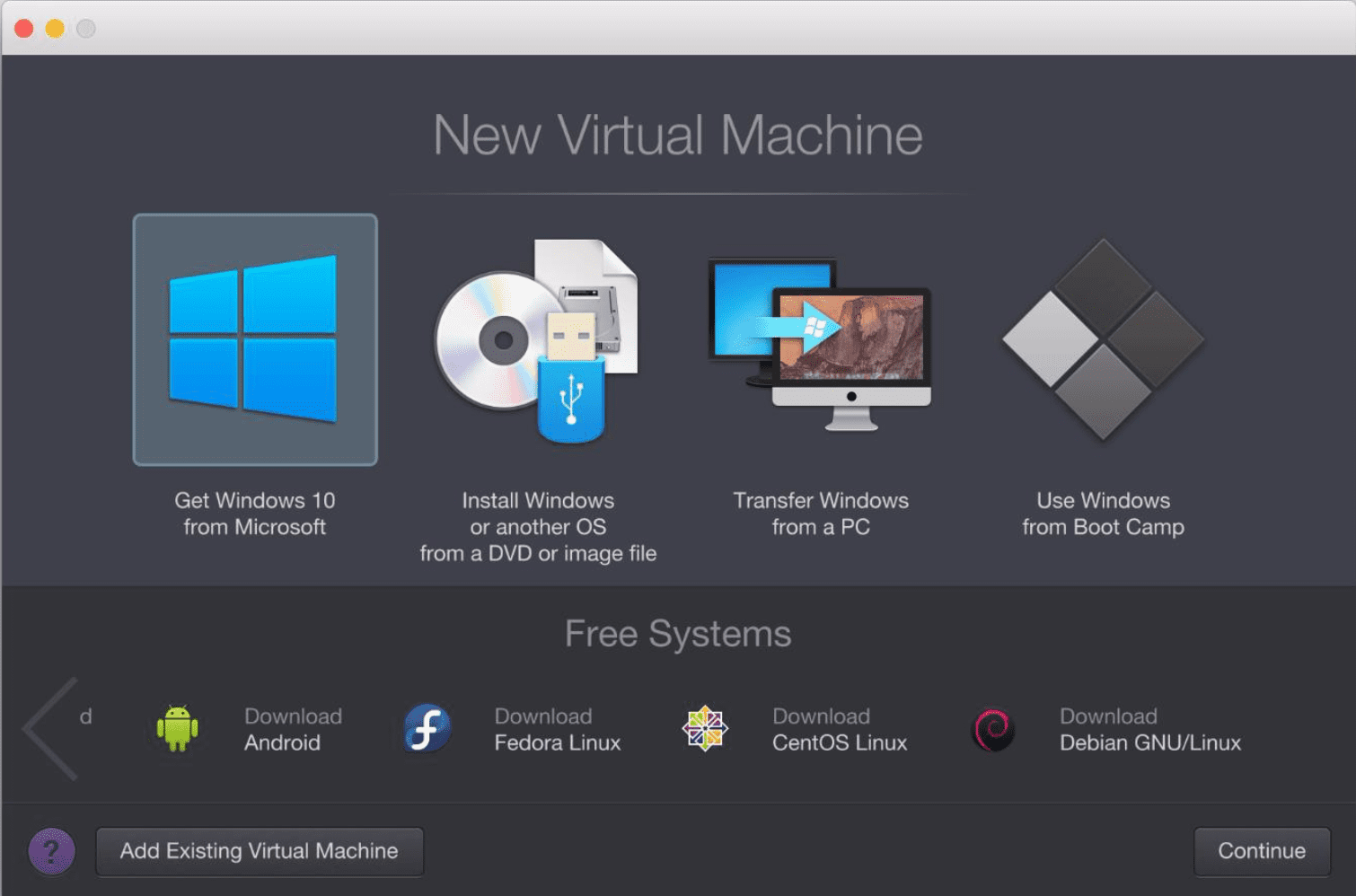Currently, the only thing limiting OSX Server running virtualized on generic hardware is Apple’s insistance that it only run on Apple hardware. VMWare, VirtualBox and Parallels have complied and made it impossible for OSX to run on anything but Xserves and Mac Pros.
- Mac Os X Is Not Supported With Software Virtualization Download
- Mac Os X Is Not Supported With Software Virtualization Software
- Mac Os X Is Not Supported With Software Virtualization Windows 7
Apple has allowed the virtualization of OSX on Apple’s own hardwaresince a change of EULA in Leopard.
Here is a way to check is virtualization is enabled or disabled by the firmware as suggested by this link in parallels.com. How to check that Intel VT-x is supported in CPU.
But perhaps Apple is loosening its hold on the OSX Server? An interesting tidbit from Virtualization.info shows there is some code which could indicate that Apple OSX Server might be made to run as a VM on its vSphere Cloud infrastructure software.
vSphere is going to support Mac OSX, by providing EFI Support and support for Darwin as guest OS.
vSphere doesn’t run on Apple hardware so it is interesting that VMware is building in support for Apple’s OS. A generic virtualization solution would go a long way into fixing the hole left by Apple’s exit of the Xserve market and would show that Apple has its finger on the pulse of the direction of virtual computing.
Full text of what was found pasted below:
vSphere to support Mac OSX?
Linux HostWindows HostMac OS Host
There were some text that listed the various types of host, including Mac OSX.
Make sure that you have installed all available Mac OS X software updates.@&!*@*@(msg.cdrom.darwindisconnect)Your Mac OS guest is using this CD-ROM device. The safest way to disconnect this virtual CD-ROM is by pressing %s, then ejecting the media from inside the guest%s. To continue anyway, press %s.%s@&!*@*@(msg.Backdoor.OsNotMacOSXServer)The guest operating system is not Mac OS X Server.@&!*@*@(msg.cpuid.darwinWithBTHV)Mac OS X is not supported with software virtualization. Change the execution mode to automatic.@&!*@*@(msg.cpuid.darwinWithBT)Mac OS X is not supported with software virtualization. To run Mac OS X you need a host on which %s supports hardware virtualization.isolation.bios.IsGOS.Darwin
Mac Os X Is Not Supported With Software Virtualization Download
There were some text that listed various messages regarding Mac OSX
sbiosvbiosbios440efi32efi64nvramlsibiosnbiosnxbiosnx3biose1000biosvmibiosvmmmodssas1068biospvscsibios
As you can see, there is mention of EFI support which is required to boot Mac OSX. Does this mean future version of vSphere will support virtualizing Mac OSX?
New guestOS types?

darwin10darwin10-64darwin-64mandrake-64opensuseopensuse-64winServer2008Cluster-32winServer2008Cluster-64winServer2008Datacenter-32winServer2008Datacenter-64winServer2008DatacenterCore-32winServer2008DatacenterCore-64winServer2008Enterprise-32winServer2008Enterprise-64winServer2008EnterpriseCore-32winServer2008EnterpriseCore-64winServer2008SmallBusiness-32winServer2008SmallBusiness-64winServer2008SmallBusinessPremium-32winServer2008SmallBusinessPremium-64winServer2008Standard-32winServer2008Standard-64winServer2008StandardCore-32winServer2008StandardCore-64winServer2008Web-32winServer2008Web-64XenVMMXenVMM
Mac Os X Is Not Supported With Software Virtualization Software
There was a section that I came across which listed all supported guestOS types, here you can see there have been a few more that were added between vSphere 4.0 and 4.1. One interesting thing that I am not sure if a lot of people have noticed, is theVirtualMachineGuestOsIdentifier in the vSphere API. This basically provides the guestos identifier that is supported in each release of VI/vSphere. Interesting enough, a darwin guestos support has been documented as of vSphere 4.0:
Mac Os X Is Not Supported With Software Virtualization Windows 7
FTC: We use income earning auto affiliate links.More.
Comments are closed.